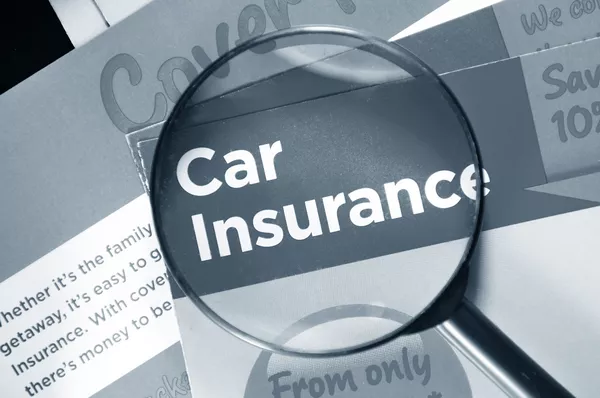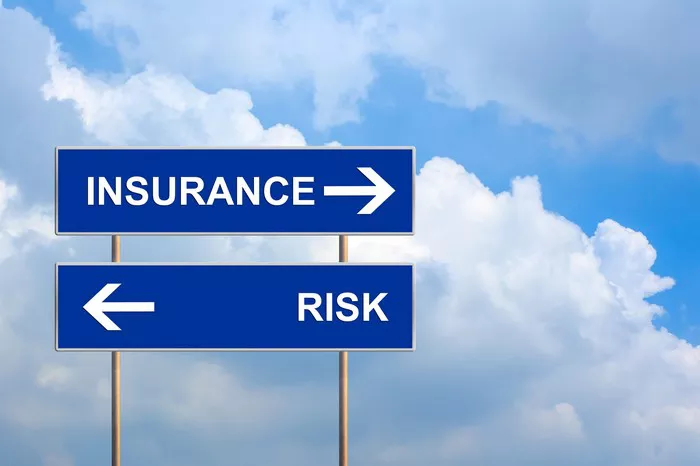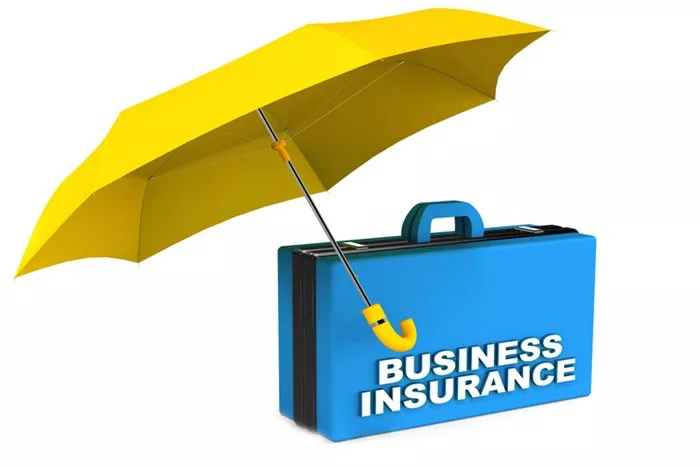Accidents can be stressful and overwhelming experiences, especially when they result in significant damage to your vehicle. When your car is declared “totaled” by an insurance company, it raises several questions about the next steps and what this designation truly means. Understanding the ins and outs of a totaled car, the insurance process, and your options can significantly ease the transition and help you make informed decisions.
This article provides an in-depth look at what happens when insurance totals your car, the factors involved in declaring a vehicle a total loss, and how the insurance company manages the situation.
Understanding a Totaled Car
A car is considered “totaled” when the cost of repairs exceeds a certain percentage of its actual cash value (ACV). The exact percentage varies by state and insurance company but typically ranges between 60% and 80%. A total loss means that it is more economical for the insurance company to pay you the ACV than to repair the vehicle.
Key Terms
Actual Cash Value (ACV): This is the market value of your car just before the accident, considering depreciation and the vehicle’s condition. Insurance companies often assess ACV using databases, local market trends, and vehicle history reports.
Repair Costs: If repair estimates exceed the threshold set by the insurer, the vehicle will be classified as totaled. These estimates include parts, labor, and other associated costs.
Total Loss Threshold: This is the percentage of the ACV at which a car is considered a total loss. Each state has different regulations regarding this threshold.
The Insurance Process for a Totaled Car
When your vehicle is declared a total loss, the insurance company follows a systematic process to address the situation. Here’s a detailed breakdown of what typically occurs:
Accident Report and Initial Claim Filing
After an accident, you should file a claim with your insurance provider. This process generally includes:
Accident Details: Report the circumstances surrounding the accident, including location, other parties involved, and any police reports.
Claim Number: Once your claim is filed, you will receive a claim number, which will be essential for tracking your case and communicating with your insurer.
Vehicle Inspection
After filing your claim, the insurance company will send an adjuster to evaluate the damage to your vehicle. This assessment includes:
Inspection of Damage: The adjuster will thoroughly inspect the car to determine the extent of the damage.
Repair Estimates: They will obtain estimates from repair shops to assess the cost of repairs.
Determining Total Loss Status
If the repair costs are deemed too high relative to the ACV, the vehicle will be classified as totaled. The insurer will notify you of this decision, explaining the rationale behind it.
Settlement Offer
Once the total loss is confirmed, the insurance company will provide you with a settlement offer based on the vehicle’s ACV. This offer typically includes:
ACV Payment: The amount calculated as the fair market value of your vehicle.
Deductibles: If your policy includes a deductible, this amount will be subtracted from the settlement offer.
Additional Costs: Depending on your policy, you may receive compensation for towing, storage, and sales tax.
See Also: Understanding Car Insurance Rate Increases After an Accident
Negotiation Process
You are not required to accept the initial settlement offer. If you believe it is too low, you can negotiate with your insurance adjuster. To strengthen your case, gather evidence such as:
Comparable Vehicle Sales: Research and present data on similar vehicles sold in your area.
Maintenance Records: Provide documentation of your car’s history, showing that it was well-maintained and in good condition prior to the accident.
Title Transfer and Salvage Process
Once you agree to the settlement and receive payment, the insurance company will take ownership of the totaled vehicle. The following steps occur:
Title Transfer: The insurance company will officially change the title, designating the vehicle as “salvaged” or “totaled.”
Salvage Auction: The insurance company may sell the vehicle at a salvage auction, where salvage yards or auto recyclers can purchase it to recover usable parts.
Claim Closure
After the payment is processed and the title is transferred, your claim will be closed. The insurance company will no longer be responsible for any future liabilities related to the vehicle.
Options After Your Car is Totaled
As a policyholder, you have several options once your car is declared a total loss:
Accepting the Settlement Offer
If you accept the insurance company’s settlement offer, they will provide payment based on the ACV minus any deductible. This step officially transfers ownership of the vehicle to the insurer.
Retaining the Vehicle
In some situations, you may choose to keep the totaled car. This option is known as a “buyback.” If you go this route, the insurance company will deduct the salvage value from your settlement offer. Keep in mind that retaining a totaled vehicle may complicate your insurance options and could require special reporting.
Purchasing a New Vehicle
With the settlement payment, you can purchase a replacement vehicle. Consider your options carefully, comparing new and used vehicles to find a suitable match for your needs.
Salvaging Parts
If you have the skills or know someone who does, consider salvaging usable parts from your totaled vehicle before the insurance company takes possession. Be sure to check state laws regarding salvaged vehicles and the title.
Common Questions About Total Loss Claims
Will My Insurance Rates Increase After a Total Loss?
A total loss can potentially lead to an increase in your insurance premiums, especially if you were at fault in the accident. Insurers may categorize you as a higher risk, resulting in higher rates during policy renewal.
How Long Does It Take to Settle a Total Loss Claim?
The time required to settle a total loss claim varies based on several factors, including the complexity of the case, negotiation processes, and your insurer’s policies. On average, the settlement can take from a few days to several weeks.
Can I Dispute the Insurance Company’s Valuation?
Yes, if you feel that the insurance company’s valuation is too low, you can dispute it by providing supporting evidence such as comparable sales data and a vehicle history report. Engaging in negotiations may help you achieve a better settlement.
What Happens If I Owe Money on a Loan for a Totaled Car?
If you still owe money on your car loan when your vehicle is totaled, the insurance company will pay the ACV to you or your lender, depending on the situation. If the settlement amount is less than what you owe, you will be responsible for covering the remaining balance.
Should I Inform My Lender if My Car is Totaled?
Yes, it’s crucial to inform your lender as soon as your vehicle is declared a total loss. They have a financial interest in the vehicle and must be involved in the claim settlement process to ensure the loan is paid off.
Conclusion
Experiencing a totaled car can be a challenging and emotional time. Understanding the processes involved, what the insurance company will do, and your options will empower you to make informed decisions. By being proactive, gathering necessary evidence, and communicating effectively with your insurer, you can navigate the aftermath of an accident and work towards a resolution that meets your needs. Whether you are dealing with a current situation or preparing for the future, having this knowledge will serve you well in the event of a total loss.
You Might Be Interested In
Understanding Insurance Loss on a Car: What It Means for You






















